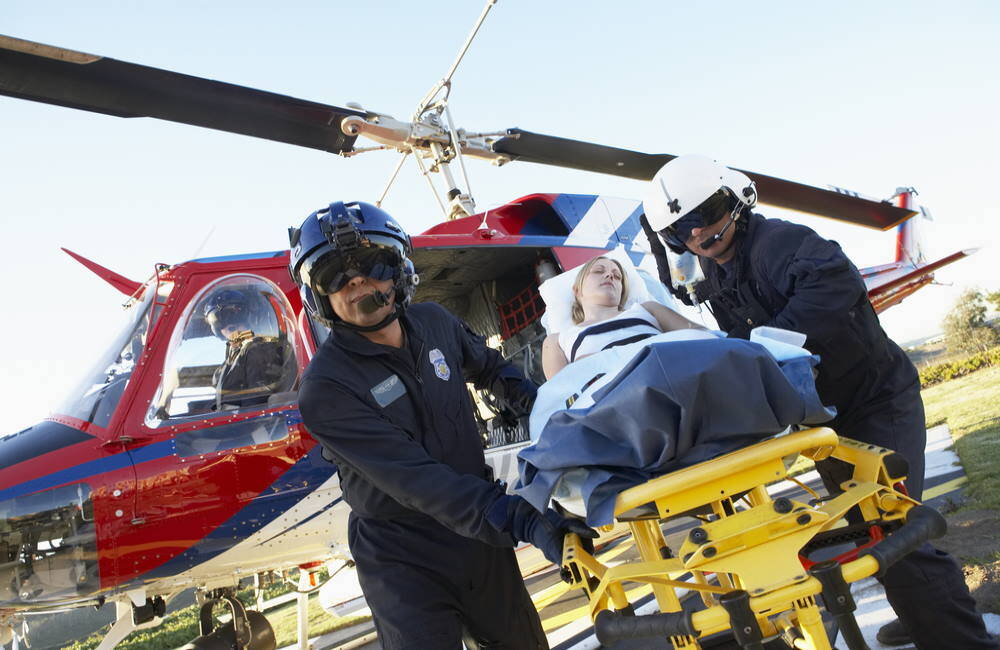CDC is committed to fighting the opioid overdose epidemic and supporting states and communities as they continue work to identify outbreaks collect data respond to overdoses and provide care to those in their communities. While overdose deaths were already increasing in the months preceding the 2019 novel coronavirus disease COVID-19 pandemic the latest numbers suggest an acceleration of overdose.

Addiction is a chronic brain disease thats more about the neurology of the brain than the outward manifestations of behavioral problems and poor choices according to a.

Cdc drug addiction disease. Opioid use disorder or opioid addiction is a medical condition that can affect any race gender income level or social class. Heightened Risk of Disease. Integrated Prevention Services for HIV Infection Viral Hepatitis Sexually Transmitted Diseases and Tuberculosis for Persons Who Use Drugs Illicitly.
Some people begin taking prescription opioids to manage pain after a surgery or injury and some people begin taking them to manage chronic pain. An addicted persons impaired ability to stop using drugs or alcohol has to do with deficits in the function of the prefrontal cortex the part of the brain involved in executive function. Is Drug Addiction a Disease.
The Centers for Disease Control and Prevention CDC cannot attest to the accuracy of a non-federal website. These changes are long-term and can persist well after the person has stopped using drugs. Summary Guidance from CDC and the US.
CDCs infectious disease programs work to implement evidence-based drug prevention in school and community settings and to stop the spread of infectious diseases like HIV and hepatitis C among people who inject drugs. Links with this icon indicate that you are leaving the CDC website. The Centers for Disease Control and Prevention CDC define chronic illness as Conditions that last one year or more and require ongoing medical attention limit activities of daily living or both Notice that this definition deals with the effects of.
Over 81000 drug overdose deaths occurred in the United States in the 12 months ending in May 2020 the highest number of overdose deaths ever recorded in a 12-month period according to recent provisional data from the Centers for Disease Control and Prevention CDC. It means people with alcoholism or addiction to other drugs can be counted as a priority group for vaccinations the Centers for Disease Control. Addiction changes how the brain responds in situations involving rewards stress and self-control.
It is considered both a complex brain disorder and a mental illness. Drug abuse often results in comorbidity- nearly 50 of persons who have substance abuse disorder also experience mental illness. The prefrontal cortex has several important jobs.
High-risk behaviors and drug abuse also result in much higher chances of contracting viral infections such as hepatitis or HIV. Integrated Prevention Services for HIV Infection Viral Hepatitis Sexually Transmitted Diseases and Tuberculosis for Persons Who Use Drugs Illicitly. Access to comprehensive prevention services is essential for all persons who inject drugs.
Addiction is the most severe form of a full spectrum of substance use disorders and is a medical illness caused by repeated misuse of a substance or. Comparing substance addiction to heart disease may help illustrate why it is defined as a disease by so many. Substance Use Disorder Treatment.
Linking to a non-federal website does not constitute an endorsement by CDC or any of its employees of the sponsors or the information and products presented on the website. Department of Health and Human Services Office of National Drug Control Policy National Institute on Drug Abuse NIDA. These organizations call addiction a disorder or a disease because.
Self-monitoring delaying reward and integrating whatever the intellect tells you is important with what the libido is telling you. The guidance provided can help persons who inject drugs including those living with HIVAIDS reduce or stop their substance abuse. In addiction there is no infectious agent as in tuberculosis no pathological biological process as in diabetes and no biologically degenerative condition as in Alzheimers disease.
No matter what the circumstance is prescription opioids can be addictive and dangerous but recovery is possible. Summary Guidance from CDC and the US. T he concept of alcoholism and other drug dependency as being a disease first surfaced early in the 19th century.
Addiction is defined as a chronic relapsing disorder characterized by compulsive drug seeking continued use despite harmful consequences and long-lasting changes in the brain.










